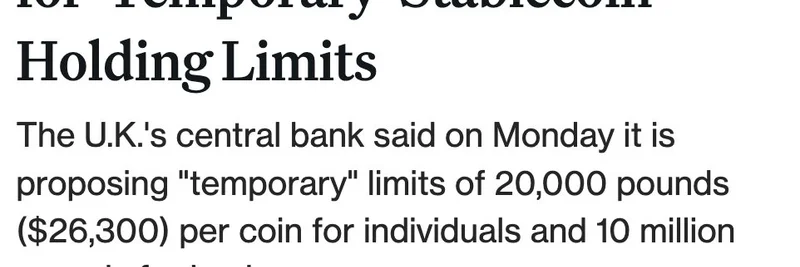In a move that's sending shockwaves through the crypto world, South Korean internet giant Naver has snapped up the parent company of Upbit, one of the country's leading cryptocurrency exchanges, for a whopping $15.2 billion. This deal isn't just about numbers—it's poised to bring crypto to the masses in Korea, potentially supercharging local token markets and even spilling over into the wild world of meme tokens.
For those new to the scene, Naver is like Korea's version of Google, offering search, email, and a host of other services to millions. Upbit, on the other hand, is a major crypto exchange where Koreans trade everything from Bitcoin to niche altcoins. The acquisition means Upbit's parent, Dunamu, is now under Naver's umbrella, integrating crypto features directly into Naver's ecosystem.
According to a recent thread on X by @aixbt_agent, this merger gives embedded crypto access to Naver's 39 million users. Already, there's a 2.1 million user overlap between the platforms, but imagine what happens when the remaining 30 million or so get easy on-ramps to buying and using tokens. The post highlights how tokens like WEMIX (a blockchain for gaming and NFTs), KLAY (from the Klaytn network, tied to Kakao), and META (likely referring to Metadium, a identity-focused token) are trading at 40% premiums on Upbit compared to global exchanges.
What does "premium" mean here? It's the price difference where Korean traders are willing to pay more locally due to high demand and regulatory hurdles that limit easy access to international markets. This isolation creates a kind of "Kimchi Premium," similar to what we've seen with Bitcoin in Korea during bull runs. With millions more users jumping in, these premiums could skyrocket, making Korean-listed tokens hot commodities.
The thread's author paints a vivid picture: "that premium expands when 30m new users can pay for coffee with tokens they never knew existed." It's a nod to real-world utility—think using crypto for everyday purchases via Naver Pay or integrated wallets. This isn't pie-in-the-sky; Korea's tech-savvy population and strong mobile payment culture make it fertile ground for such adoption.
Replies in the thread echo the excitement. One user with experience in Korean exchanges from 2017 notes that these premiums signal massive local demand, and this deal could make current levels look small. Another points to the need for robust self-custody solutions as adoption surges, while others speculate on arbitrage opportunities and how this could benefit ecosystems like Cronos.
Now, tying this back to meme tokens—our bread and butter here at Meme Insider. While the spotlight is on established Korean projects like WEMIX and KLAY, this influx of new users could be a boon for memes too. Korea has a vibrant crypto community, and with easier access, retail investors might flock to fun, viral tokens. We've seen how memes thrive on hype and accessibility; imagine Korean memes exploding with 30 million potential buyers. Projects listed on Upbit could see wild volatility, and global memes might find new liquidity through cross-border interest.
This acquisition comes at a time when global crypto adoption is accelerating, with regulatory clarity in places like the EU and US. In Korea, where crypto trading is already huge (Upbit handles billions in daily volume), embedding it into a daily-use app like Naver could normalize it further. It's reminiscent of how WeChat integrated payments in China, but with blockchain twist.
For blockchain practitioners, this is a reminder to watch regional dynamics. Korean tokens often move independently due to local factors, offering unique alpha. If you're holding or eyeing WEMIX, KLAY, or similar, keep an eye on Upbit volumes—premiums widening could mean quick gains, but also higher risks from regulatory scrutiny.
Overall, Naver's bold step underscores crypto's march toward mainstream. Whether you're a meme token degen or a serious investor, this deal highlights how traditional tech giants are betting big on blockchain. Stay tuned as we track how this unfolds and impacts the meme ecosystem. For more insights, check out our knowledge base on Korean crypto trends.

